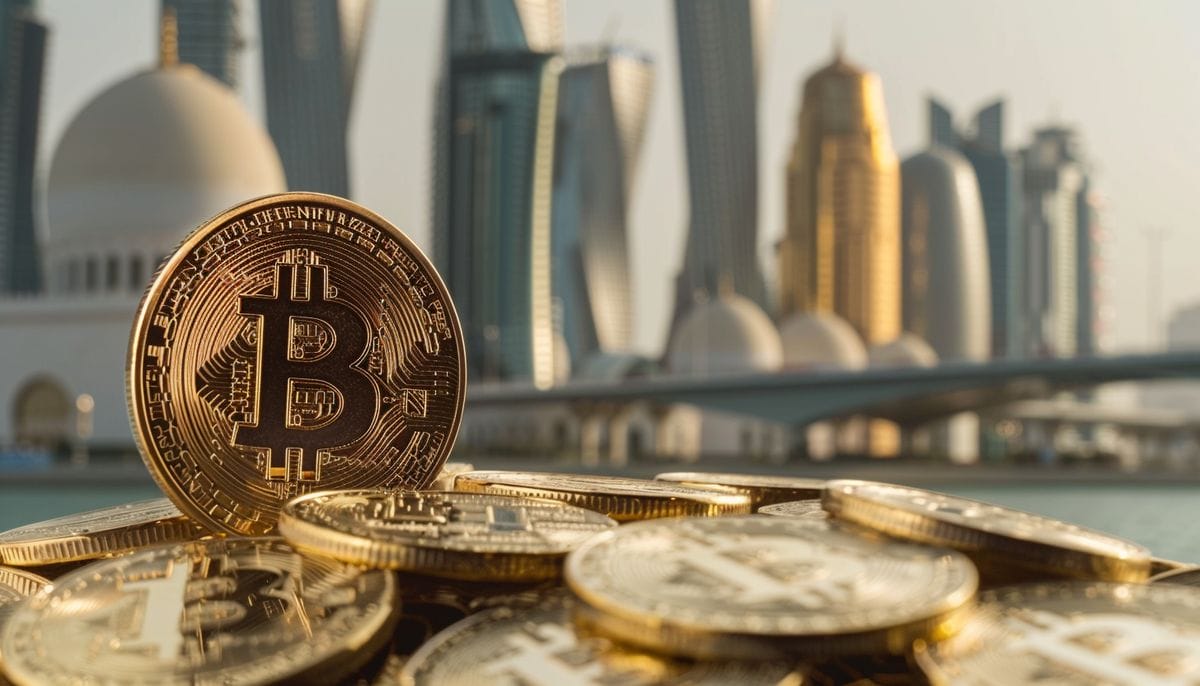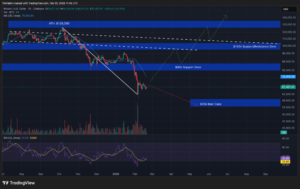
Qatar is progressing towards establishing a crypto framework, which will legally recognize digital assets as part of its strategy to bolster the country’s digital economy.
In a recent interview, Henk Jan Hoogendoorn, Qatar Financial Centre’s (QFC) Chief of Financial Services Sector, said that Qatar has established a solid framework for tokenizing various real-world assets, including securities, debt capital market instruments, investments, sukuk, and other asset classes.
“The framework is expected to be finalised and enacted by Q4 of this year,” he added.
Qatar’s Digital Assets Lab to Drive Emerging Technology Use
The QFC recently established a Digital Assets Lab to encourage innovation and research in the financial and digital asset sectors. This initiative aligns with the Qatar Fintech Strategy and the central bank’s support for new technologies.
The lab is a collaborative platform where startups, businesses, and researchers can develop innovative digital asset and blockchain solutions. Its goal is to make Qatar a global leader in digital innovation by promoting the widespread use of emerging technologies across different industries.
Qatar Revisits Crypto Regulations with New Framework
In 2018, Qatar explicitly banned Bitcoin trading. However, there’s been a shift in stance. Last year, Qatar’s financial regulators proposed a framework to regulate investment tokens backed by tangible assets, signaling a cautious entry into the crypto market. This move came later compared to neighboring countries like the UAE and Bahrain.
The QFC Regulatory Authority (QFCRA) and the QFC Authority (QFCA) have collaboratively developed the digital assets framework. This initiative aims to bolster Qatar’s digital economy strategy and further enhance the QFC’s role as a premier financial and business hub in the Middle East.
To refine the proposed framework, they had sought feedback from industry professionals and businesses on its structure, content, and practicality. The deadline for submitting comments was Jan. 2, 2024.
In June, Qatar’s central bank finished building the foundation for its digital currency and is now ready to test it out. It plans to use the latest technology to handle large payments and will partner with both local and international banks to refine the system.















